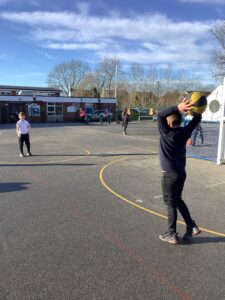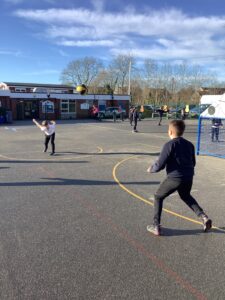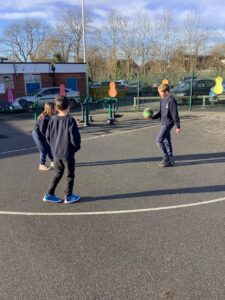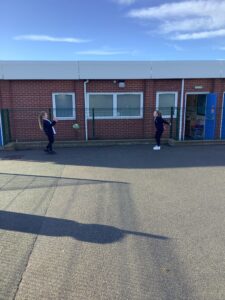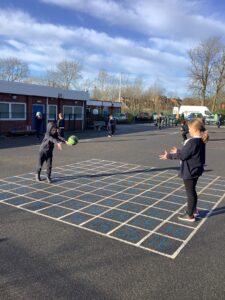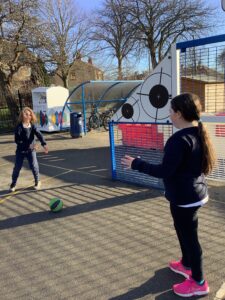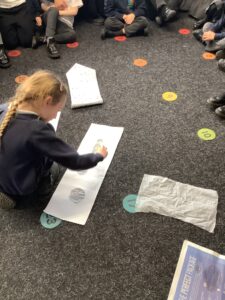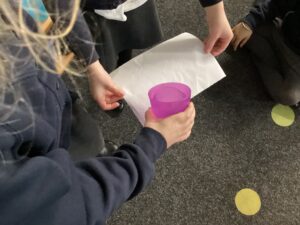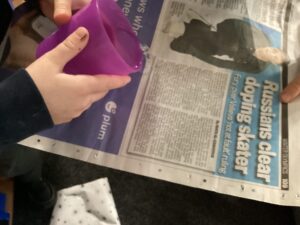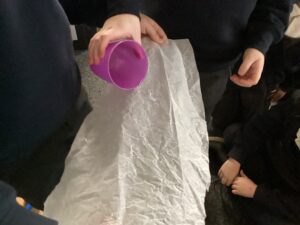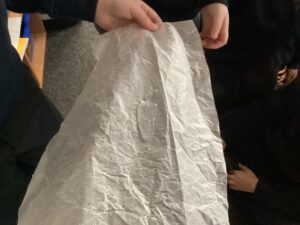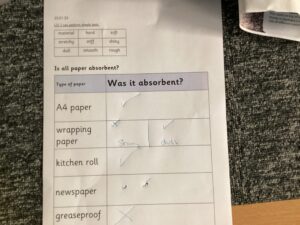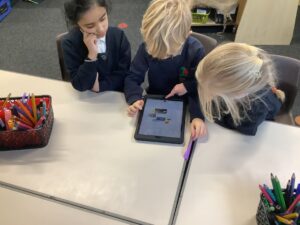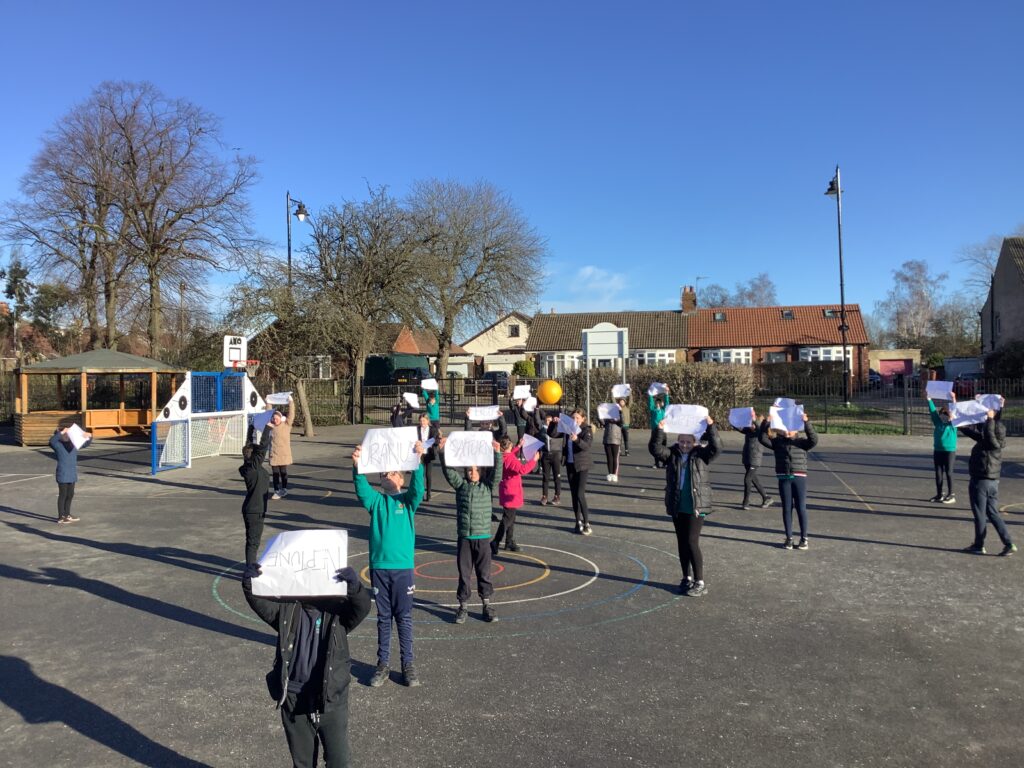A huge thank you to all parents, grandparents and family members who attended our ‘Watch us while we work!’ session on Thursday morning. It gave parents a chance to see our work on the 6 times table, get to grips with “im” and “in” prefixes and discuss the impact of climate change on Greenland, the Solomon Islands and the East Yorkshire coast.
Daily use of Times Table Rockstars is really beginning to pay off for our students. Year 5 are currently working on 4-digit by 2-digit multiplication in Maths, and rapid recall of these calculations helps to make these problems much easier to solve.
Writing has seen us begin to prepare for writing a persuasive letter to the UK Climate Minister, Graham Stuart, to get the government to do more to prevent the effects of climate change impacting our lives. We have explored techniques such as rhetorical questions, emotive language and exaggeration to help the writer put across a strong argument.
Copernicus and Galileo are our featured scientists this half-term, and we have researched key facts about the two astronomers how they came to the conclusion that the Solar System is heliocentric (has the Sun at its centre, whilst all other planets orbit around it). We also held a lively in-class debate as to whether the Earth was spherical or flat.
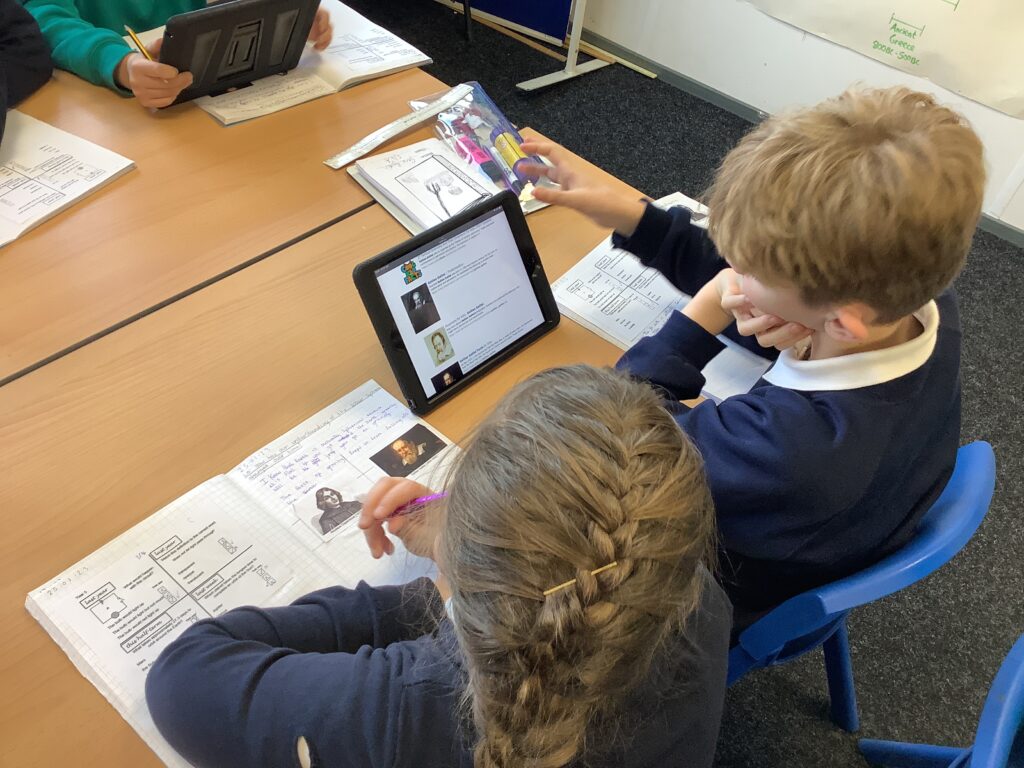
In Topic, we have been looking at the impact of coastal erosion on the East Yorkshire coast over the past 13o years. Using an online mapping tool we have been able to measure the impact of erosion on locations such as Skipsea, Hornsea and Great Cowden between 1890 and present day; as well as how the use of defence mechanisms such as groynes aim to slow down the impact of erosion.
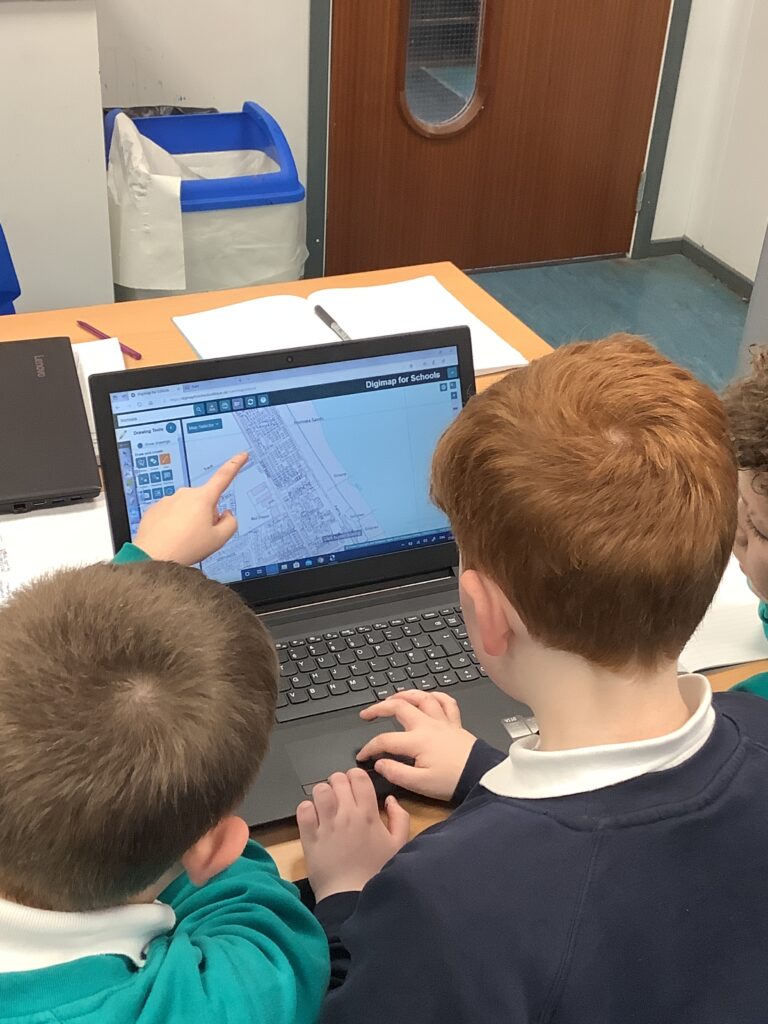
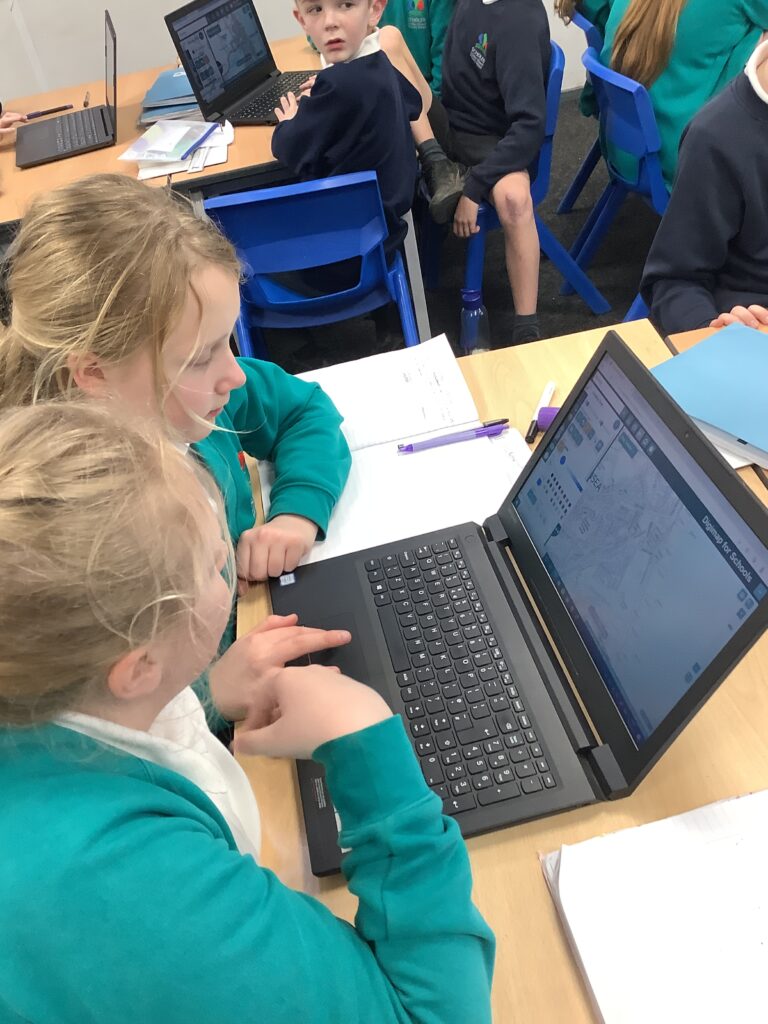
In Latin, we have revisited masculine and feminine nouns, and can identify these by their endings. Nouns which end in an ‘a’ are feminine, with those ending in “us” being masculine. We could then use this knowledge to make expanded noun phrases and describe objects. For example ‘hortus magnus est‘ would translate as ‘the garden is big‘.
P.E saw us take on a circuit training session, including skipping, basketball, hockey dribbling, shuttle runs and fitness equipment.
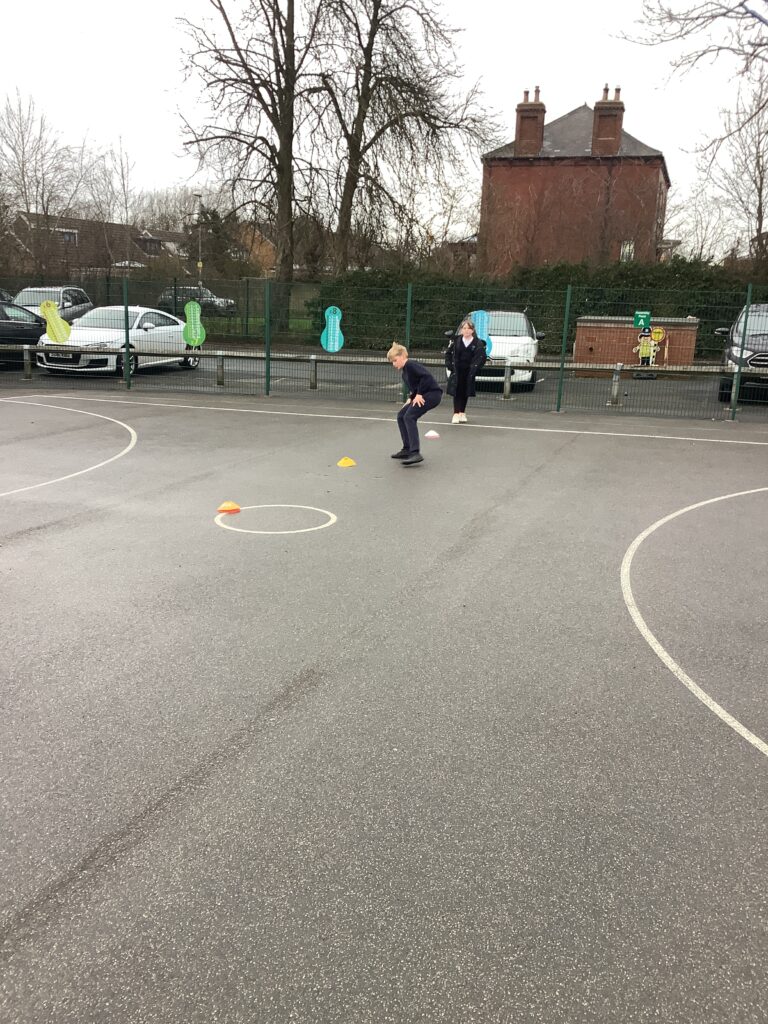

Finally, a huge well done to everyone in Class 5/6A who were crowned the Times Table Rockstars Battle of the Bands competition. It was a close run contest between ourselves and 5/6C, but we just managed to edge them out in the end. We amassed over 150,000 correct answers over the course of one week which is truly outstanding!
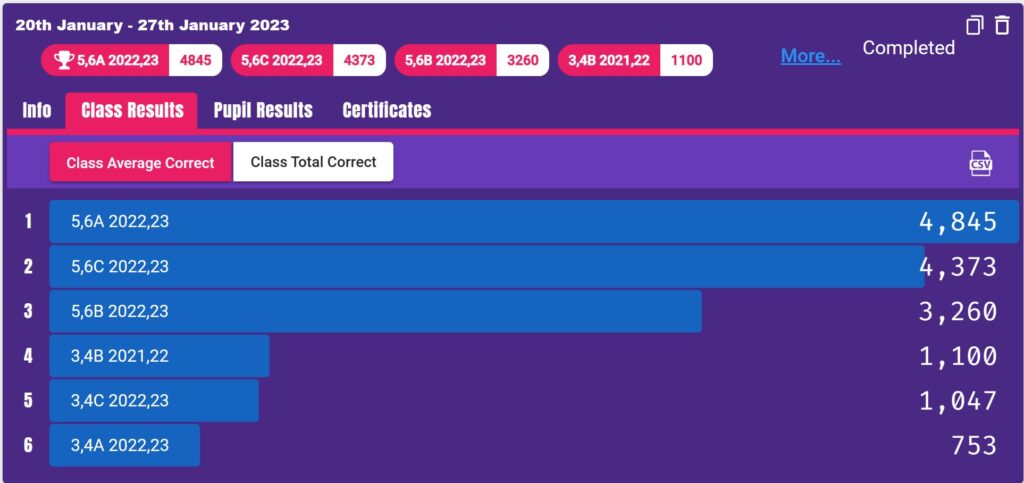
Have a great weekend!
Mr. Robson


